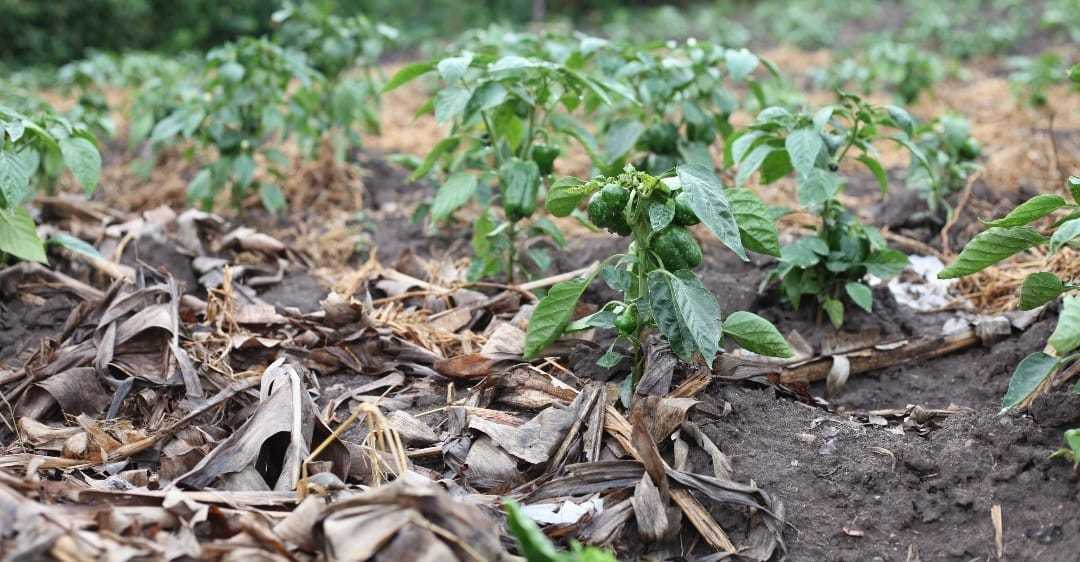
In the heart of Northwestern Kenya lies Kakuma Refugee Camp, Established in 1992, Kakuma has evolved into a beacon of hope for refugees from across Africa, hosting those fleeing violence and persecution. However, nestled within Turkana County's arid landscapes, Kakuma faces its own set of challenges, particularly regarding climate and environmental sustainability.
A Harsh Environment
The climate in Kakuma is characterised by arid conditions, with limited rainfall and high temperatures posing significant challenges to agriculture and livelihoods. Water scarcity is a constant concern, exacerbating food insecurity and health risks for the camp's inhabitants. In such an unforgiving environment, resilience becomes not just a virtue but a necessity for survival. The climate is hot and dry, suitable more for herding goats and camels than agriculture. A laaga (dry river bed) cuts through the camp but becomes impassable, and dangerous, when rain comes to the mountains at its source far away.
Farming and Health Education’s Response: A Beacon of Resilience
Amidst these challenges, Farming and Health Education (FHE) emerges as a beacon of resilience and hope. Led by dedicated youth refugees, FHE is more than just a Community-Based Organisation; it's a lifeline for those navigating the complexities of displacement and environmental adversity.
Sustainable Farming Practices
At the core of FHE's mission lies sustainable regenerative farming. Recognising the importance of eco-friendly agricultural practices, FHE equips refugees with the skills and knowledge needed to cultivate the land effectively despite the harsh climate. Through initiatives like permaculture training, kitchen gardening, and tree nurseries, FHE empowers individuals to harness the land's potential while mitigating environmental degradation.
Promoting Environmental Awareness
In addition to sustainable farming, FHE places a strong emphasis on environmental education and awareness. By educating refugees about climate change, water conservation, and ecosystem preservation, FHE fosters a sense of environmental stewardship within the community. Through workshops, awareness campaigns, and hands-on activities, refugees learn not only to adapt to their surroundings but also to protect and preserve them for future generations.
Collaborative Efforts for Change
Recognising the interconnectedness of environmental issues, FHE actively collaborates with local authorities and stakeholders to address climate challenges in Kakuma and beyond. Recently, FHE donated 50 pawpaw seedlings to the Turkana West Governance for the upcoming World Environmental Day event in Kalobeyei Settlement. This gesture not only highlights FHE's commitment to environmental sustainability but also fosters partnerships for collective action and impact.
A Beacon of Resilience and Hope
In the face of climate adversity, FHE stands as a beacon of resilience and hope for refugees in Kakuma. Through sustainable farming, environmental education, and collaborative initiatives, FHE is not only adapting to the challenges of climate change but also transforming them into opportunities for growth and empowerment. As they continue to sow the seeds of resilience, FHE is nurturing a brighter, more sustainable future for refugees and the environment alike.
Compiled by Marceline, Executive Director and founder of FHE


